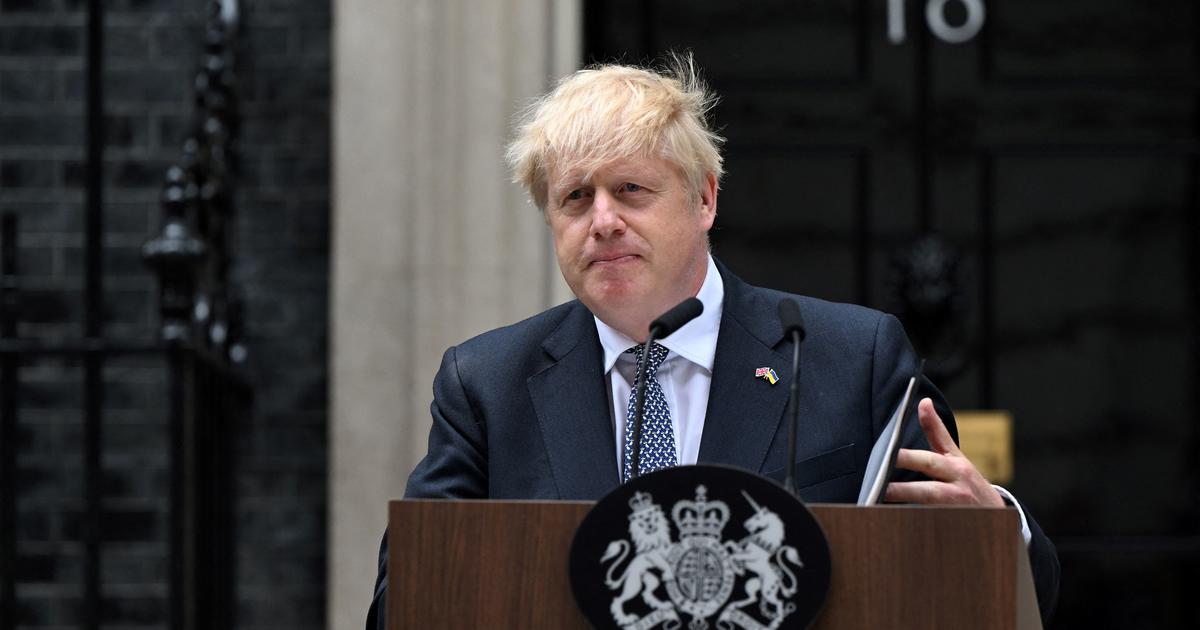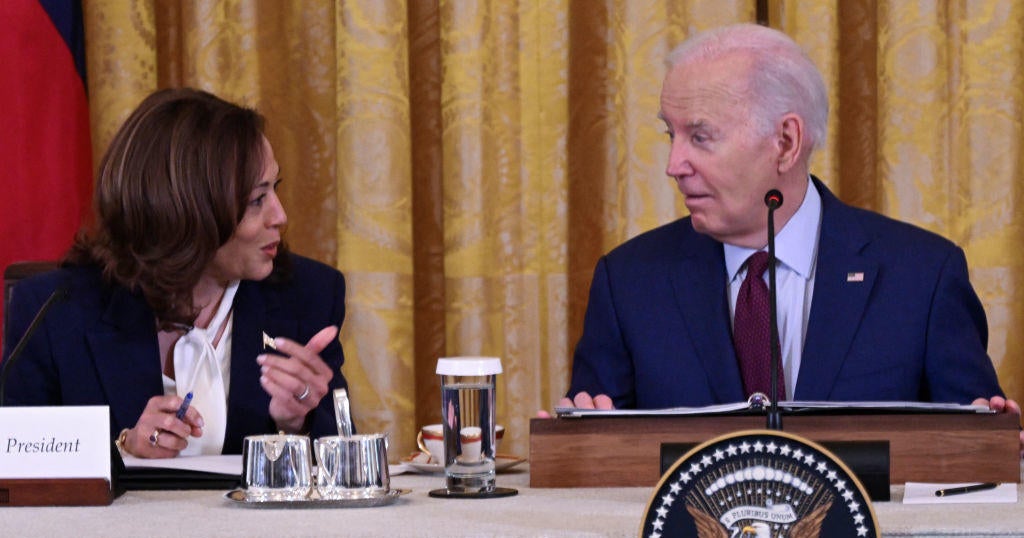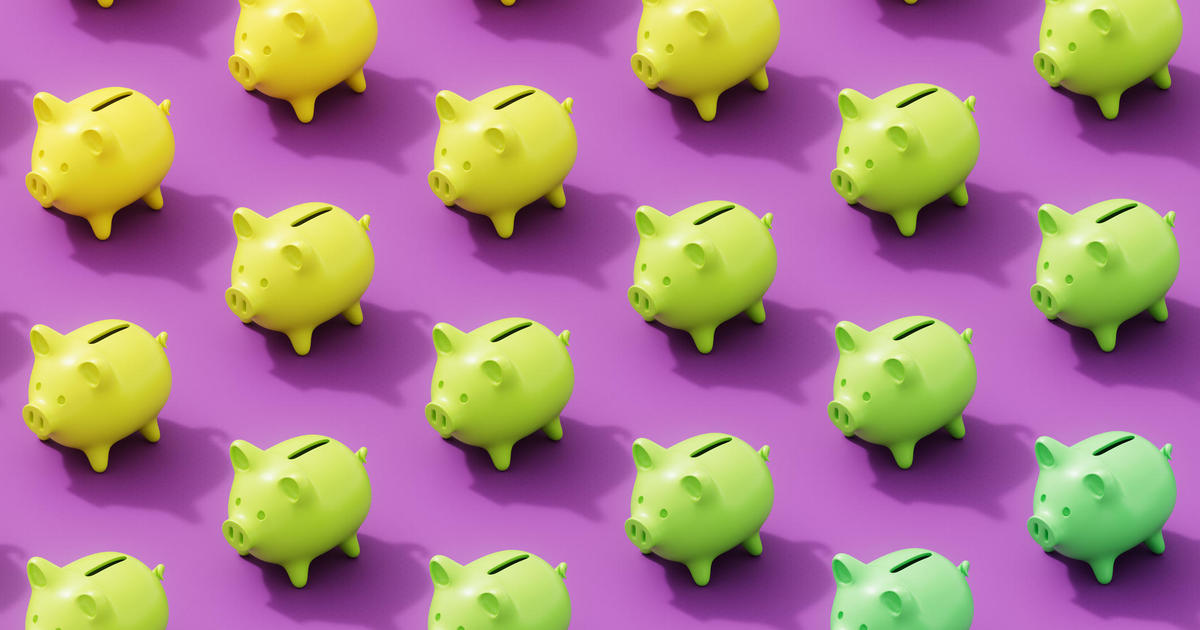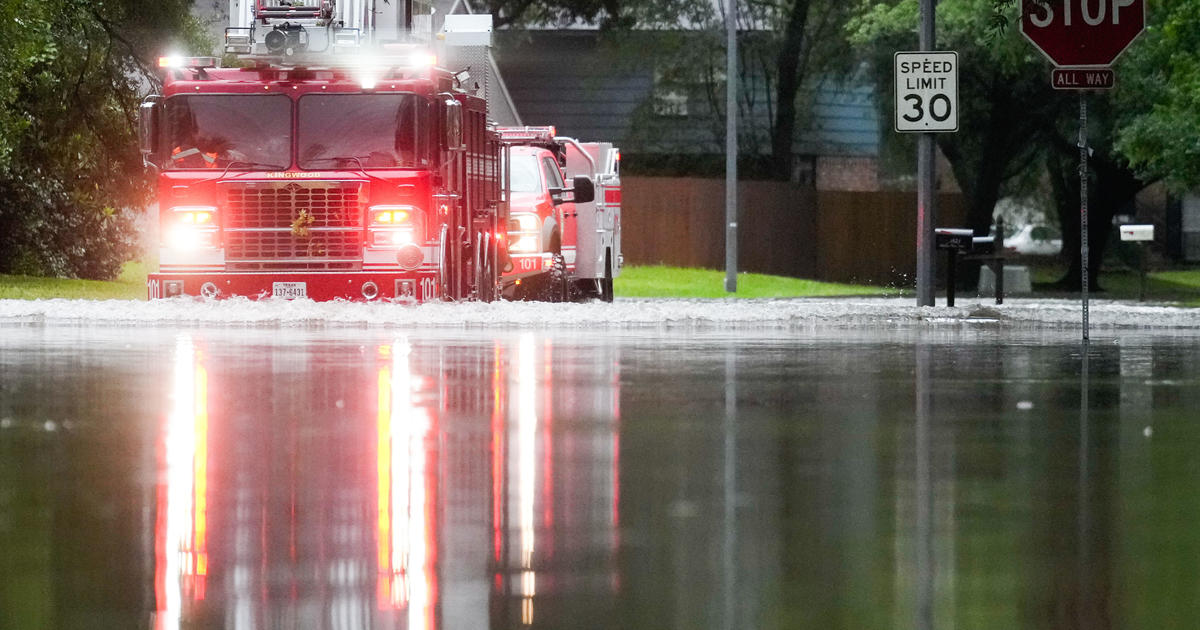Millions have already voted. What we've learned so far — CBS News analysis
The combination of intense interest in the 2020 presidential election with a deadly pandemic is spurring sky-high rates of early voting. That's going to have an impact on the way election night plays out this year, but it won't affect the outcome.
So far, over 5 million voters have already cast their ballots, and many more intend to do so in the coming weeks. Some will vote by mail, while others will do so in person at early voting centers. (Check out ways of voting in your state here.)
We've been asking voters in battleground states how they would prefer to vote this year. The chart below shows results across six competitive states we've polled over the past three weeks. In each state, a sizable segment of likely voters tell us they would prefer to vote by mail or in person — before Election Day, which falls on November 3.
In states with strong track records of early voting — like Florida, Georgia, North Carolina, and Texas — large majorities prefer to vote by mail or early in person, ranging from 68% to 80%. Even in Pennsylvania, where early voting has been much less common, 36% want to vote by mail, with a narrower 57% majority saying they would like to vote in person on Election Day.
Party splits
In addition to the sheer magnitude of early voting this year, we're seeing an interesting pattern emerge: Democrats look much likelier to vote early, particularly by mail, than Republicans do. This pattern appears in survey data and actual ballot returns.
In North Carolina, for instance, registered Democrats are returning mail ballots at substantially higher rates than registered Republicans are. In fact, most of the ballots returned in the state so far are from Democrats.
By contrast, Republican voters are much likelier to express a preference for voting in person on Election Day. This difference is partly attributable to cues from party leaders, like President Trump's baseless claims that mail voting is fraudulent.
Republican voters have also consistently expressed less concern about contracting COVID-19, and many live in less populated areas of the country, where voting in person may be quicker and safer than it is at more crowded precincts.
For these reasons, Republican-leaning voters tend to say they would prefer to vote the way they usually do. The chart below compares the percentage of Trump voters telling us they usually vote in person on Election Day to the percentage who prefer to do so this year. None of these differences are more than 15 percentage points. Across states, most Republicans who usually vote in person want to continue doing so.
Not shown above are Republicans who usually vote early and want to do so again this year. Despite the president's rhetoric, around nine in 10 Republicans who usually vote by mail want to do so again (much as Mr. Trump does himself).
While most Trump voters prefer to vote as they usually do, many Biden voters want to change how they vote this year.
In fact, it's Democrats who are driving the partisan gaps in vote method by switching from Election Day to early voting. Below, you can see how many Biden voters say they usually vote in person on Election Day versus how many want to do so this year. The differences here are substantially larger than they are among Trump voters. In Pennsylvania, for example, just 35% say they prefer to vote on Election Day this year, compared to 82% who say they usually vote that way. In four of the five other states, the percentage for "this year" is less than half the "usually" percentage.
How CBS News will be calling states on election night and afterward
What this all means for election night is that is that we're likely to see substantial differences in the early and Election-Day vote. Partisan splits may be even larger in states where early voting is historically less common, like Ohio and Pennsylvania.
In states that process early ballots before election night and therefore report their results more quickly on election night — like Florida and North Carolina — Biden may appear to do better in the early returns. In states like Pennsylvania — where many counties will not even report mail votes on election night — Mr. Trump may appear to be ahead as counties begin releasing results.
The chart below divides up Biden and Trump voters by whether they prefer voting early or in person on Election Day this year. In Pennsylvania, for example, 33% of likely voters support Biden and prefer voting early, while another 17% support him and prefer voting in person on Election Day. (These two groups combine to give Biden 51% overall support in the state.)
The president's support in Pennsylvania comes predominantly from voters who want to cast ballots on Election Day: just 8% of likely voters who support Mr. Trump prefer to vote early, while another 35% who support him want to vote in person on Election Day (combining to give Mr. Trump 44% overall).
If voters end up voting the way they say they prefer, Pennsylvania's Election-Day voters will be heavily Republican this year. When counties begin reporting, Mr. Trump may jump out to a big lead. Biden may have to wait until mail ballots are counted to catch up, at least in the raw vote count.
Fortunately, we'll be tracking all of this data at the CBS News Decision Desk. Rather than rely solely on the tabulated votes at any given point in the night, our models estimate where the race will end up when all the votes are in.
We'll be estimating the total number of early ballots and outstanding ballots in each state, and our exit polls will include interviews at early vote centers, as well as phone interviews with voters who cast mail ballots. But we will not project a winner in a state until we're confident the trailing candidate won't catch up even after all ballots — whether cast in person or by mail, early or on Election Day — are counted.




